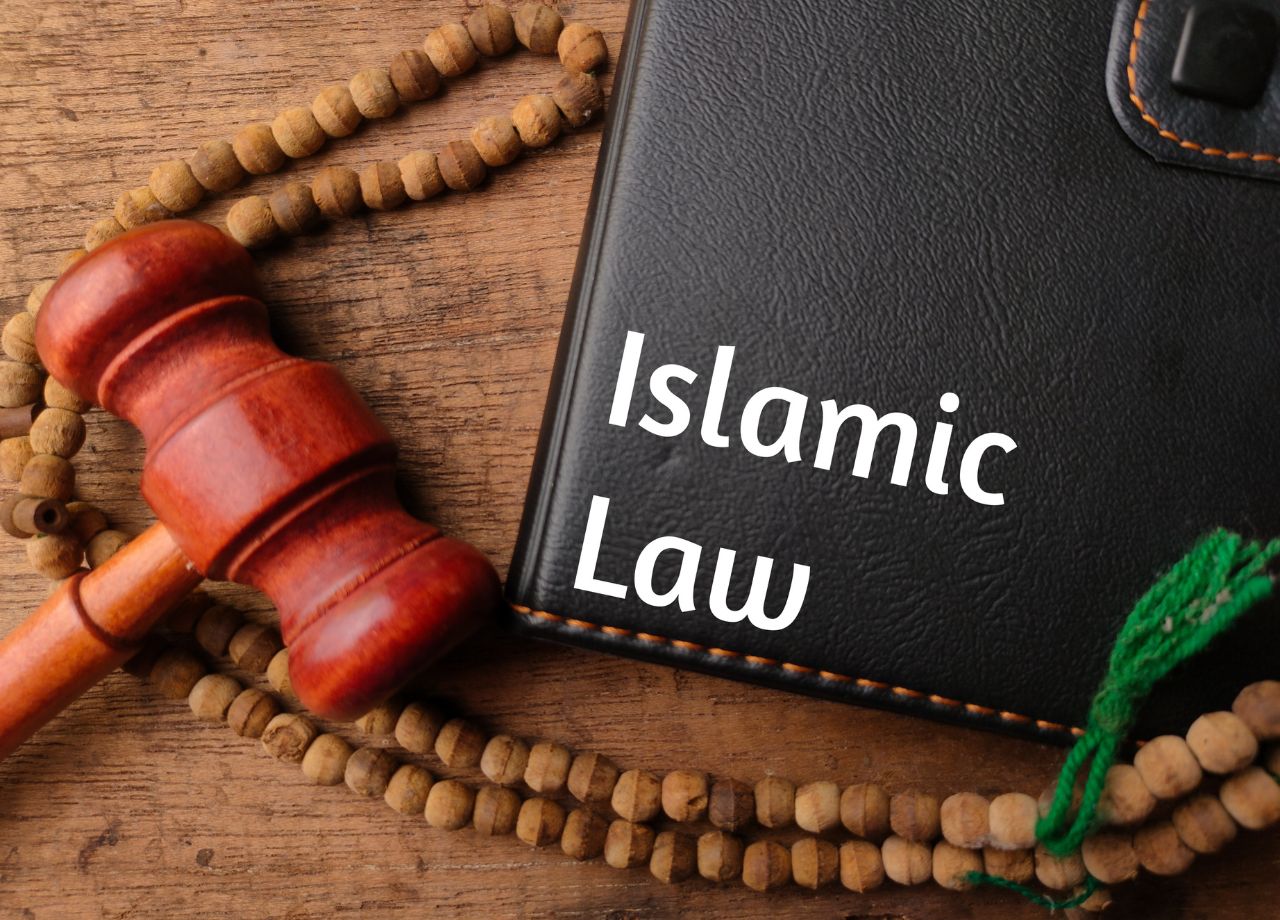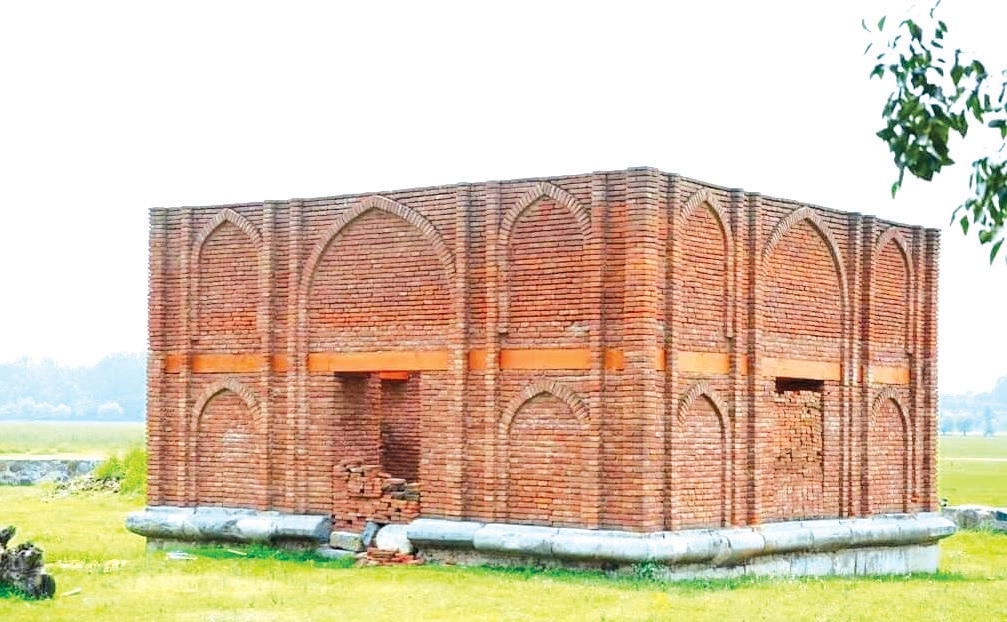1.Prof. M. Waseem Raja 2. Yaqoob Murtaza Nadwi
Marriage is an important institution for society. Under Islam, marriage is a contract where both husband and wife have bestowed with some rights as well as some duties towards each other. This has been granted to married parties to lead a happy and peaceful marriage life. This is evident that Islam has abolished inhumane treatment, inequality, injustice and discrimination towards women which were prevailing in the society before advent of Islam. As a result, it honoured them and declared them equal to the men. But due to various reasons, there are some misconceptions in the society regarding the rights of a daughter in-law in Islam. In this article we will discuss what are those rights which Islam has given to a daughter in-law. Thus, the following are some rights.
Right to have a separate home
Under Islamic law, a daughter in-law has right to demand from her husband a separate house in which she may happily and peacefully live with her husband and children and it is purely the right of a daughter in-law against her husband. The separate home can be near or far from house of her husband’s parents. There is no legal obligation in Islam that a daughter in law must stay with her in-laws. The husband or her in-laws cannot force her to obey the same. She has right to privacy and to demand a separate house to have a better environment for her and her children is her sole right.
Therefore, if a daughter in-law demands for a separate house, then her husband to the extent of his capacity is responsible to provide it. But if a daughter-in law willingly opts to stay with the parents of husband and wants to serve in-laws as an act of kindness towards them, or to please her husband then she may morally do so and she will ultimately get rewarded for her generosity. This is something which will raise her status in the eyes of her husband and his family but it is not obligatory at all on her to do so.
Right to own property
A daughter in-law has the right to acquire property including moveable and immovable. She has sole ownership over her properties. The best example of this is the first wife of prophet Mohammad (PBUH) Khadija who was a highly successful and esteemed business woman. She used to feed the poor and to clothe them. She also used to spend her money for the welfare of the society. This shows that Islam has bestowed women the right to own property. It is also important to know that Islam has not put any responsibility on a daughter in-law regarding maintenance of her husband or her in-laws. Therefore, it is not obligatory on her to spend her money on her husband or on in-laws. But if she willingly does so then there is no bar on her.
Right to equality or Equal rights
Islam has guaranteed the right to equality to men and women and thus ensured gender equality. Most significantly, Islam has re-assured the women their dignified status which they lost in the dark age and finally to do complete justice, Islam has specifically emphasized on women’s rights in every sphere of their life. The Holy Quran while addressing the believers often uses the expression “believing men and women” to ensure the equality of both male and female pertaining to their particular rights and duties. Therefore, a daughter in-law also has equal rights as her husband has against each other. Allah says in the Holy Quran “And for women are rights over men similar to those of men over women”. (2: 228)
Right to maintenance
A daughter in-law has right to maintenance (Nafqa) against her husband but she cannot claim the same against her in-laws. In a lawful marriage, among other liabilities of the husband, it is first obligation on him to provide maintenance to his wife in all circumstances. The Holy Quran says “upon the father is the provision of children’s mother and their clothing according to what is acceptable. No person is charged with more than his capacity.” (2: 233) It is nowhere obligatory for a daughter in-law to maintain her husband or her in-laws. Allah Says in Surah Al-Talaq “let a man of wealth spend from his wealth, and he whose provision is restricted, let him spend from what Allah has given him” (65: 7) Maintenance includes food, clothing, a separate house to live, medical and maternity expenses etc. A daughter in-law may lose her right to maintenance where she unlawfully refuses from the society of her husband except for a legal reason such as non-payment of prompt dower, cruelty by husband or communicable disease.
Right to work
Islam has never forbidden women to work inside the home or to go out of home to work but this is subject to certain limitations. They are allowed to sell, lease, to occupy various trades and to enter into contracts. Islam never prohibits a daughter in-law to work specially when there is need to support her husband, her parents, other family members or herself.
The Holy Quran tells us story of two daughters of prophet Shuaib: {And when he (prophet Musa as) arrived at the water (watering place) of Madyan, he found a group of men are watering (their flocks), and besides them he found two women who were keeping back (their flocks), he said: “What is the matter with both of you?”, they said: “We cannot water (out flocks) until the shepherds take back (their flocks: and our father is a very old man} [al-Qur’ān, al-Qaṣaṣ, 28: 23].
Similarly, a woman can own money by the job she earns. The Holy Quran says {Whatever men earn, they have a share of that and whatever women earn, they have a share in that} – [al-Quran, al-Nisā‟, 4:32].
Increasingly the history of the Prophet Mohammad and his companions also proves that Islam has never prohibited women from leaving the house for work. There are some instances such as Fatimah (daughter of the Prophet) used to run the quern (hand mill for grain) herself and the Prophet (peace and blessings of Allah be upon him) did not disapprove of it. Asma bint-e- Abi Bakr, wife of Al-Zubair bin Al-Awwam, used to feed the camel and the horse and to look after her husband and children. Umme Attiyah, who used to perform circumcision for females, washed and enshrouded the deceased females of Madinah. Rufaidah Al-Aslamiyyah, the first female doctor in Islam, for whom the Prophet fixed a tent in his mosque in Madinah in order to treat and nurse the injured Muslim warriors of the Battle of Al-Khandaq (the Trench). Al-Shifa Bint-e- Abdullah used to go out to teach the Muslim women to read and write and to practice medicine during the lifetime of Allah’s Messenger. Umm-e- Mihjan used to clean the Prophet’s Mosque. One more example is that Caliph Umar bin Al-Khattab appointed Al-Shifa to occupy a position called al-hisbah (market inspector) who used to see that scales were just and accurate and that transactions were carried out according to the rulings of Islam.
All these examples and many others show that Islam never forbids a daughter in-law to go out for work. Hence preventing a woman from working outside home without any clear justification is contrary to the basic tenets of Islam.
Rights post husband’s demise
A daughter in-law after the demise of her husband has right of share in her husband’s property including ancestral or self-acquired property left behind by him. She will have right as a widow of deceased husband and will get share as per her status as an heir in the property of her husband along with other legal heirs. After payment of funeral expenses, debts, and legacies, the first thing that should be assured in the distribution of estate of deceased is to ascertain whether the deceased has any surviving children, parents or other legal heirs. The wife always inherits as a class-1 heir. Therefore, If the deceased has not left behind a child or an eligible lower descendent then his widow is entitled to take 1/4th of his heritable estate. If the deceased has surviving child, then his widow is entitled to 1/8th of his heritable property. [al-Quran, al-Nisā‟, 4:12].
Islam represents the best example of justice and equality in the world. It has honoured the women by ensuring equal rights to them in comparison to menfolk. But there are some myths prevailing in the society regarding rights of a daughter in-law that should be addressed on a large scale. Sometimes a daughter in-law does not know what are those rights which Islam has guaranteed to her. And due to lack of true Islamic knowledge and instructions, she mistakenly believes that she is duty bound to do so and so or she has no right to demand her rights. In many Muslim societies, people are practicing their own cultures, customs and usages and a daughter in-law is subjected to patriarchal restrictions. Due to this reason, sometimes she presumes cultural beliefs as her duties imposed by Islam regarding in-laws but that’s not true. Therefore, it is important that a daughter in-law must know her rights and duties guaranteed by Islam. Her in-laws should also assure the rights given to her and finally the society must also take steps where there is any discrimination against her to stop it in order to make a just and equitable society.
1 Author is a Professor of History, Department of History, Aligarh Muslim University.
2 Author Yaqoob Murtaza , Departmental of Law, Aligarh Muslim University Malappuram Centre, Kerala..








